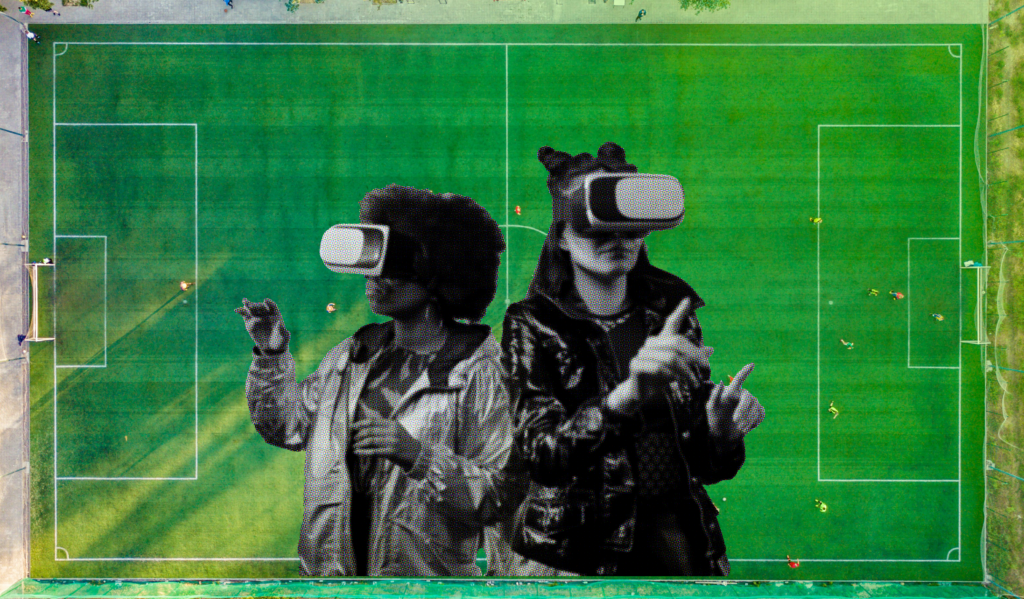Sports broadcasting has developed essentially with the coming of virtual entertainment, making a unique stage that offers moment association and commitment to fans around the world. This strong collaboration between sports broadcasting and virtual entertainment has upset how fans cooperate, consume, and partake in sports content. One of the key advantages is the instantaneousness of data and updates that web-based entertainment gives. Fans never again need to hang tight for conventional broadcasts or media sources to get the most recent scores, features, or player refreshes. Stages like Twitter, Facebook, and Instagram convey ongoing updates, permitting fans to remain associated with their number one groups and competitors right away. Besides, virtual entertainment has changed sports broadcasting into a two-way discussion. Fans can now voice their perspectives, share responses, and participate in conversations with individual devotees and even players. This intuitive nature has energized a feeling of local area among fans, making virtual arenas where feelings, festivities, and discussions unfurl continuously. Sports broadcasters have taken advantage of this intelligent scene by integrating fan-created content, surveys, and live back and forth discussions into their broadcasts, improving the watcher experience and encouraging further associations with the crowd.

The force of moment association through online entertainment likewise stretches out to in the background access. Sports broadcasters influence stages like Instagram Stories, Snapchat, and TikTok to give elite looks into players’ lives, storage space minutes, and pre-game ceremonies. This in the background content adds a layer of legitimacy and closeness, giving fans a more critical glance at the characters and stories behind the games they love. It acculturates competitors, mentors, and groups, reinforcing the close to home connection among fans and the sports they follow. Virtual entertainment has additionally democratized sports broadcasting by leading to resident columnists and content makers. Fans can now become makers themselves, sharing their investigation, responses, and inclusion of games through websites, webcasts, and video channels. This democratization has enhanced the sports media scene, offering elective viewpoints, experiences, and accounts past customary broadcasting. It has likewise opened entryways for specialty sports, grassroots developments, and underrepresented voices to track down a stage and crowd, enhancing the general sports talk.
Besides, online 스포츠중계 entertainment assumes a crucial part in forming fan ceremonies and encounters. From virtual watch gatherings to live-tweeting during games, fans utilize social stages to interface with similar people, fabricate networks, and make shared snapshots of energy and brotherhood. Online entertainment likewise enhances fan commitment drives like challenges, giveaways, and intelligent difficulties, transforming aloof watchers into dynamic members in the sports environment. All in all, the reconciliation of sports broadcasting and online entertainment has re-imagined how fans consume, draw in, and take part in sports content. The force of moment association, intelligent commitment, in the background access, democratization of media, and molding of fan customs feature the groundbreaking effect of virtual entertainment on the sports business. This collaboration keeps on advancing, offering new open doors for fan association, narrating, and vivid encounters in the consistently developing universe of sports amusement.
